Events
REDI Facilitation Guides

REDI Grab ‘n’ Gos
Introducing REDI Grab ‘n’ Gos — your shortcut to sparking EDI conversations. Perfect for EDI champions and leaders, these bite-sized slide decks are ideal for kicking off team meetings (in 15-mins or less), delivering ongoing reminders about equity, diversity and inclusion and infusing professional development in digestible chunks.

REDI Deep Dives
Lead your unit in diving deep into Equity, Diversity, and Inclusion with the REDI Deep Dives! Embark on an hour-long journey of transformation —a dynamic series of team-facilitated activities designed to infuse EDI principles into your unit’s core practices. These engaging slide decks empower leaders and EDI champions to guide their teams through meaningful discussions, fostering competencies that drive positive change. Tailor these activities to fit diverse topics and contexts, creating a space for building awareness and sparking actionable conversations.
Moving from Harm to Healing in EDI, Medical Education, and Clinical Practice
Thank you for joining us virtually on Friday, January 24th, 2025, from 12:00 pm – 2:00 pm (PST) for “Moving from Harm to Healing in EDI, Medical Education, and Clinical Practice.“ In this It Starts With Us session, we discussed reimagining conflict in medical education, clinical practice, leadership and EDI through restorative justice. The panelists, including leaders, healthcare professionals, faculty, and staff, explored the potential limitations of retributive justice and the transformative potential of alternative conflict engagement practices, and how these concepts can be embedded into healthcare education, clinical practice and leadership. This conversation sheds insights on practical strategies for transitioning from harm to healing and fostering meaningful cultural change.
The panel featured Alan Jacobs (Department Head, UBC Political Science), Ashley Moore (Associate Director, Education, Community & Conflict Engagement, EIO), Jennifer Atkins (Indigenous Patient Navigator, PHSA), Saleem Razack (Paediatric Intensivist, BC Children’s & REDI Senior Faculty Advisor), Shain Jackson (Executive Director, Golden Eagle Rising Society), Shirley Nakata (UBC Ombudsperson), and Richard Price (Professor, UBC Political Science). It was co-moderated by Maï Yasué (REDI Associate Director) and Madison Tardif (REDI Equity Advisor).
Speaker bios

Alan Jacobs (He/Him)
Department Head, Political Science, UBC
Alan M. Jacobs (Ph.D. Harvard, 2004) is Head of Department and a Professor of Political Science specializing in the comparative political economy of advanced industrialized democracies, the politics of public policy, political behavior, and qualitative and mixed methodology. He teaches undergraduate and graduate courses on the comparative politics of inequality, qualitative research methods, and research design.
Jacobs’ first book, Governing for the Long Term: Democracy and the Politics of Investmentexamined how democratic governments manage long-term policy issues. This book and related articles have sought to understand the conditions under which elected governments are willing to impose short-term costs on their constituents in order to invest in long-term social benefits. Jacobs’ current substantive projects focus on the politics of inequality and of investment in public goods. Jacobs’ methodological work, including his book Integrated Inferences: Causal Models for Qualitative and Mixed-Method Research, focuses on the use of formal, Bayesian approaches to qualitative and multi-method inquiry.
From 2016 to 2019, Jacobs co-chaired a deliberative process called the Qualitative Transparency Deliberations , which was sponsored by the American Political Science Association’s Qualitative and Multi-Method Research Section. The QTD was an open process through which scholars examined and debated the meaning, practice, costs, and benefits of research transparency in qualitative inquiry. Together with Yang-Yang Zhou (Dartmouth), Jacobs co-hosts the podcast Scope Conditions, which showcases new research in the field of comparative politics.

Ashley Moore (She/her),
Associate Director, Education, Community & Conflict Engagement, UBC Equity & Inclusion Office
Ashley joins UBC with over 10 years of experience within conflict consultancies where she has been facilitating, training and conducting informal conflict engagement processes for public, private, and not-for profit organizations. Her interest lies with opportunities for transformative change inherent at the intersection of justice, equity, inclusion, diversity (JEDI) and complex conflict. An avid outdoor enthusiast, Ashley escapes any nascent cynicism through communion with/in the mountains.

Jennifer Atkins (She/her),
Indigenous Patient Navigator, Patient Experience,
Indigenous Health,
PHSA
Jennifer Atkins is of mixed ancestry: Lower Mohawk- Grand River 6 Nations on her father’s side and white settler Lithuanian/Ukrainian on her mother’s side. She was born in Tkaronto, Treaty 13 land, colonially known as Toronto, Ontario and moved to the traditional, ancestral and unceded territories of the xʷməθkʷəy̓əm (Musqueam), sḵwx̱wú7mesh (Squamish), and sel̓íl̓witulh (Tsleil-Waututh) First Nations, colonially known as Vancouver, BC in 2021. She brings 17+ years of experience working in Social Services, specifically Concurrent Disorders, and Health Care supporting Indigenous patients, clients, and families. Her current role as an Indigenous Patient Navigator addresses patient experiences of anti-Indigenous racism and discrimination within the health care system, and to ensure access to high quality care that is trauma-informed, culturally safe, and supports self-determination.
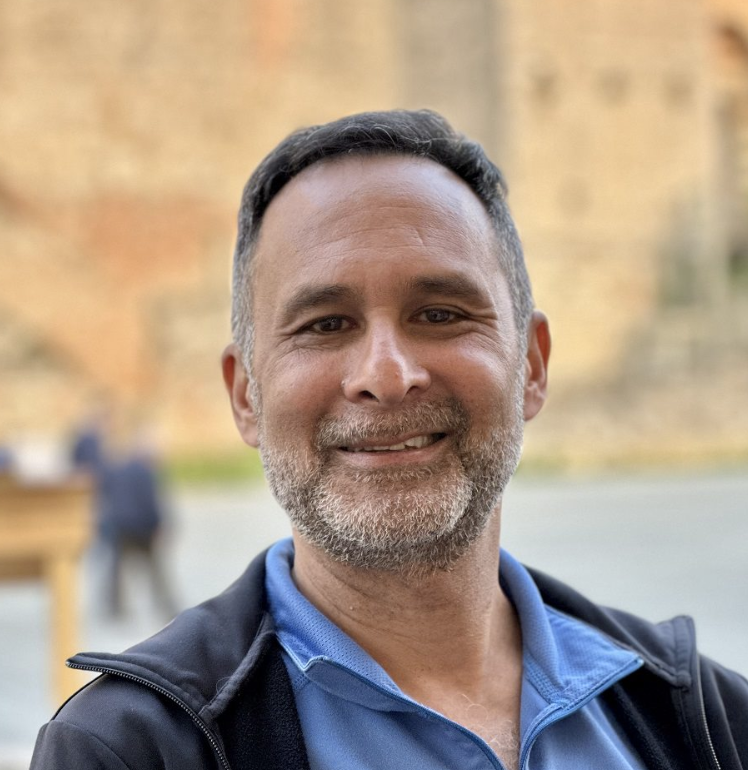
Dr. Saleem Razack (He/Him),
Paediatric Intensivist, BC Children’s & REDI Senior Faculty Advisor
Dr. Razack is a Senior Faculty Advisor in the Office of Respectful Environments, Equity, Diversity, and Inclusion (REDI) in the Faculty of Medicine. In his role, Dr. Razack advises on strategy related to the implementation of a comprehensive anti-racism plan for the Faculty. He aims to serve in and contribute to the vibrant and diverse community within the Faculty of Medicine and its associated clinical and research sites.
Dr Razack joined faculty at UBC/BC Children’s Hospital on January 1, 2023, after a 25-year career as a pediatric intensivist and medical educator/education researcher at McGill University. He is a graduate of the University of Toronto. His research Interests in Medical Education include the intersection of assessment and professionalism with representation, equity, diversity, inclusion and anti-racism, for which he has had SSHRC and CIHR support. He is the recipient of the AFMC May Cohen award for outstanding contributions to equity in medical education, the Haile T. Debas award for contributions to equity in the Faculty of Medicine and Health Sciences at McGill, and the Pediatric Chairs of Canada award for outstanding contribution to Medical Education.

Shain Níniw-ém Salepem Jackson (He/Him)
Executive Director,
Golden Eagle Rising Society
Shain Níniw-ém Salepem Jackson is Coast Salish from the community of shíshálh. He is an artist, and a lawyer who has represented the interests of Indigenous communities and organizations throughout British Columbia in relation to a broad array of issues. After years devoted to the legal profession Shain left practice to explore the relationship between Indigenous art and law. He is currently the president of Spirit Works Limited, a company focused on the design, creation, and distribution of Indigenous art. He is also the Executive Director of Golden Eagle Rising Society, an organization whose mandate is the protection of Indigenous lives.
His work has focused on the revitalization of Indigenous laws with the goal of broader inclusion of Indigenous laws within Canadian political and legal systems. He is heavily involved in the movement to protect Indigenous intellectual property and the rights of Indigenous artists. On this front Shain has also created protective programming and advised top levels of government and the Canadian judiciary.
Artistically, Shain works in Coast Salish design using a wide range of mediums such as Cedar, copper, glass, aluminum, acrylic with work ranging from small carved pieces of jewelry to large-scale sculpted public art pieces. As he has continued to develop his own artwork to a higher level, he has had the privilege of collaborating with many amazing local artists. On his own, and in partnership with these artists Shain has garnered numerous awards and acclaim both locally and internationally.
The theme existing almost invariably in Shain’s work is that of unity – bringing together diverse groups and working toward a common vision. Revisiting old Coast Salish stories and teachings, he not only incorporates these messages into his artwork but also into all areas of his life. Aside from being an accomplished artist Shain has taken very seriously his responsibilities to his own community of Sechelt and the urban Indigenous community at large. Further to this, through his company Spirit Works, Shain: has developed programs aimed at providing employment and training to Indigenous youth; donates space, equipment and expertise to Indigenous artists in need; consistently donates time and artwork to numerous charitable organizations; has designed and facilitated workshops aimed at providing cultural teachings for at-risk Indigenous youth; and much more.

Shirley Nakata (She/her),
UBC Ombudsperson
Shirley Nakata is UBC Vancouver’s first Ombudsperson for Students.
Shirley was called to the B.C. Bar in 1989 after obtaining a Bachelor of Arts degree followed by her Ll.B from the University of British Columbia. She practiced law at Russell & DuMoulin (now Fasken Martineau) before moving to the Canadian Human Rights Commission where she worked as a Human Rights Officer. From 1996 to 2009, she was the Director of Professional Conduct at the British Columbia College of Teachers, where she gained extensive experience in investigations and the conduct of hearings and expertise in the area of administrative law.
She has been a frequent presenter on administrative law and professional regulatory issues in a variety of venues. Shirley has been a board member of the B.C. Council of Administrative Tribunals and member of the Canadian Institute for the Administration of Justice. She is a member of the Association of Canadian College and University Ombudspersons, the Forum of Canadian Ombudsmen and the NorthWest Ombuds Group.

Richard Price (He/Him)
Professor, Political Science, UBC
Professor Price is currently Director of Graduate Studies in the Faculty of Arts. He served as Senior Advisor to UBC President Stephen Toope from 2011-14, and was Head of Political Science from 2019-22. He is a UBC Killam Teaching Prize recipient.
His scholarly research and teaching specializes in International Relations, particularly the role of norms in world politics. Among his five published books are his most recent co-authored book (with Kathryn Sikkink of Harvard University) Moral Psychology, Neuroscience, and International Norms (Cambridge University Press).
He is an Associate Certified Coach (ACC) with the International Coaching Federation (ICF). He provides leadership, career and life coaching for UBC faculty leadership through UBC Coaching Services. He is seeking to expand coaching support to the UBC community including to students at UBC, and in growing professional development in the curriculum. He is also a member of the Design Team of UBC’s Teaching and Wellbeing Community of Practice.
Moderators

Dr. Maï Yasué (She/Her),
Associate Director, REDI
Dr. Maï is the Associate Director of the Office of Respectful Environments, Equity, Diversity, and Inclusion (REDI) in the Faculty of Medicine. She provides leadership to the REDI team in the development and delivery of our education and training programming. She collaborates with leaders in departments, centres, and administration units, and staff, and faculty to identify institutional and individual barriers to inclusion and to foster long-term socio-cultural change towards justice, equity, decolonization, indigenization, and inclusion (JEDII). Previously, she worked at the Equity & Inclusion Office at UBC, where she led initiatives such as the JEDII STEM Series and the IBPOC STEM Network and supported the integration of the JEDII principles into teaching, research, and faculty and staff recruitment. Prior to her work at UBC, she was a faculty member at Quest University Canada for over a decade, teaching interdisciplinary courses in conservation and geography and advocating for transparency, equity, and inclusion through various leadership roles.
Maï, a second-generation immigrant from Japan, holds an MSc in Zoology from the University of Oxford and a PhD in Geography from the University of Victoria. As an interdisciplinary scholar, she has published over 40 articles in academic fields such as conservation, geography, zoology, education, behavioral ecology, economics, and psychology. She is grateful for having spent most of her life on the traditional, ancestral, and unceded territories of the xʷməθkʷəy̓əm (Musqueam), Sḵwx̱wú7mesh Úxwumixw (Squamish), səlilwətaɬ (Tsleil-Waututh), and Stó:lō Nations.
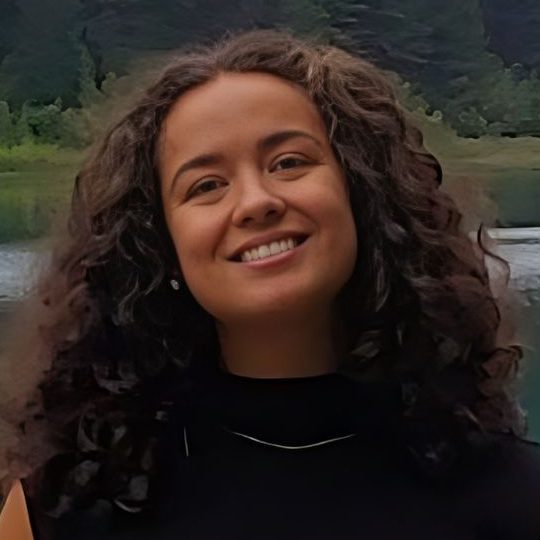
Madison Tardif (She/her),
Equity Advisor, REDI
Madison Tardif is an Equity Advisor at the Office of Respectful Environments, Equity, Diversity, and Inclusion (REDI) within the Faculty of Medicine. In her capacity at REDI, she offers strategic guidance and supports capacity-building for department heads, faculty, staff, and students who are dedicated to implementing decolonization, anti-racism, and inclusive practices.
Topic: Moving from Harm to Healing in EDI, Medical Education, and Clinical Practice
Date: Friday, Jan 24th, 2025
Time: 12:00 – 2:00 pm PST
Location: Livestream
What Will I Learn?
- Explain the key principles, practices, and policies of retributive and restorative justice.
- Analyze the benefits and considerations of retributive and restorative approaches, and the factors that influence their use.
- Develop the ability to recognize when a retributive approach is being applied and evaluate whether alternative methods might be more effective in context.
- Reflect on practical ways to incorporate restorative justice concepts into your role as a healthcare provider, educator, or staff member.
Shaping Praxis: REDI’s Essential Book and Podcast List

Shaping Praxis is a curated collection of influential books and podcasts that have shaped the REDI team’s approach to justice, equity, diversity, inclusion, decolonization, and Indigenization. These pivotal works offer insights, tools, and inspiration for advancing meaningful change in education, medicine, healthcare, and beyond.
Books

An Inclusive Academy: Achieving Diversity and Excellence
by Abigail J. Stewart and Virginia Valian

Why Motivating People Doesn’t Work…and What Does
by Susan Fowler
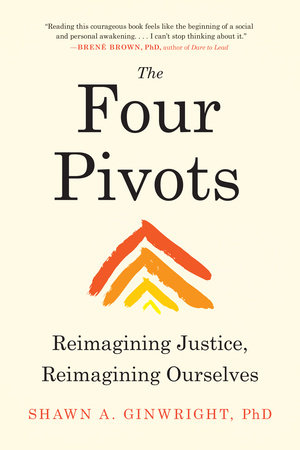
Four Pivots: Reimagining Justice, Reimagining Ourselves
by Shawn Ginwright
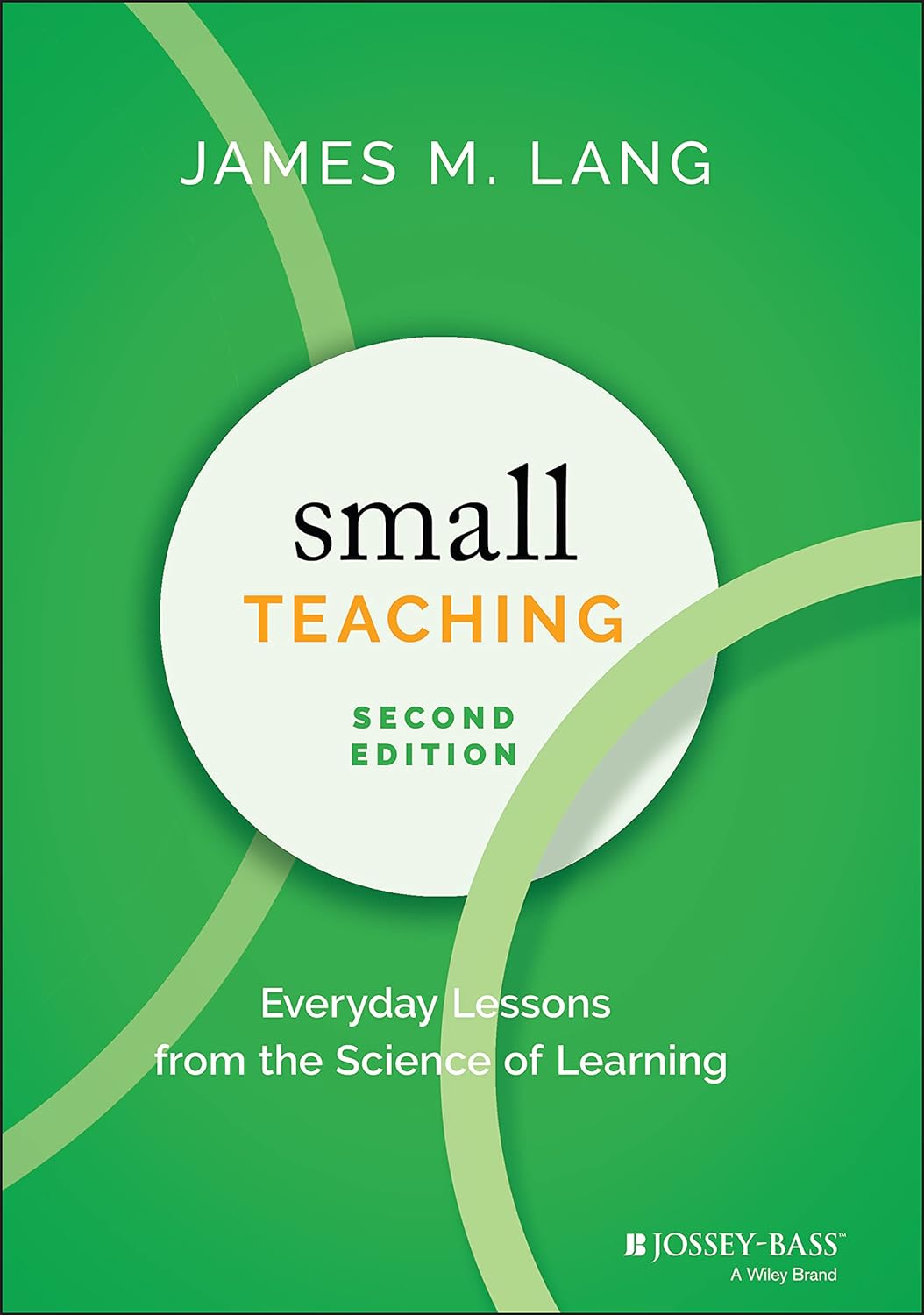
Small Teaching: Everyday Lessons from the Science of Learning
by James M. Lang

Teaching to Transgress: Education as the Practice of Freedom
by bell hooks

Wayi Wah: Indigenous Pedagogies
by Jo Chrona

Inclusive Nudges: A Guide to Achieving Behavioral Change for Diversity and Inclusion
by Lisa Kepinski and Tinna Nielsen

Getting to Diversity: What Works and What Doesn’t
by Frank Dobbin and Alexandra Kalev

Re-Storying Education: Decolonizing Your Practice Using a Critical Lens
by Carolyn Roberts

Decolonizing Methodologies: Research and Indigenous Peoples
by Linda Tuhiwai Smith

Nonviolent Communication: A Language of Life
by Marshall B. Rosenberg

The Little Book of Restorative Justice
by Howard Zehr
Podcasts

Green Dreamer podcast with Kamea Chayne
Sophy Banks: Grief tending and collective pathways to healing justice
adrienne maree brown: Sowing seeds of love in our “garden of ideas”

Upstream podcast with Della Duncan and Robert Raymond
Anti-Fatness as Anti-Blackness w/ Da’Shaun Harrison

ReThinking podcast with Adam Grant
Beyond breaking the glass ceiling with Julia Gillard, Australia’s first female prime minister
Overcoming loneliness with Surgeon General Vivek Murthy

Becoming the People podcast with Prentis Hemphill
What it takes to heal with Prentis + Ijeoma Oluo
Share research on the praxis of REDI in medicine
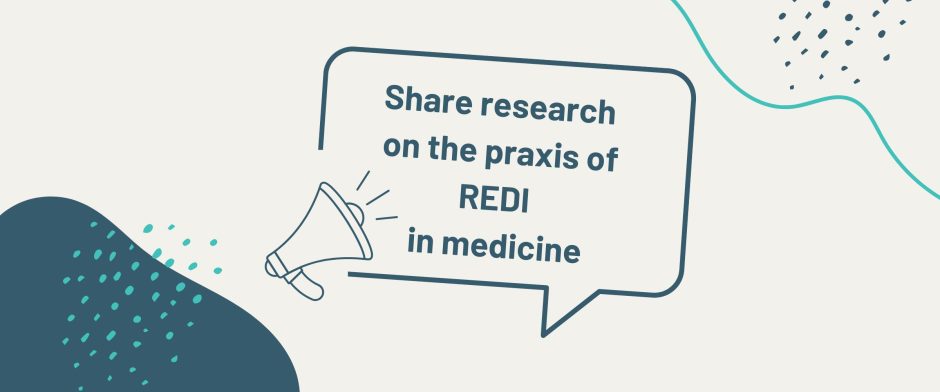
Research Voices from the Field is a new feature in our REDI newsletter that highlights cutting-edge research that breaks barriers and promotes inclusion in medicine. Each edition spotlights a research publication and includes insights directly from the author—sharing their motivations, the significance of their findings, and why the research matters for healthcare professionals everywhere.
Whether you’ve published or come across valuable research on the praxis of REDI in medicine, we invite you to share it. We especially welcome submissions of research articles that explore equity, diversity, inclusion, justice, decolonization, Indigenization, or trauma-informed practices in medicine and healthcare.
Discrimination

Discrimination is conduct that imposes burdens, obligations, or disadvantages on, or limits access to, opportunities, benefits, and advantages for specific individuals or groups, as defined by the BC Human Rights Code. UBC’s Discrimination Policy (SC7) flows from and is interpreted in a manner consistent with the BC Human Rights Code.
Key Points About Discrimination Based on the Human Rights Code and SC7:
- Discrimination can be intentional or unintentional. This means that even if you didn’t mean to create a barrier for a certain group, it can still be discrimination.
- Discrimination can impact a group or an individual.
- Discrimination can occur during one incident or over a series of incidents, including a single incident that, in isolation, would not necessarily constitute discrimination.
- The BC Human Rights Code protects against discrimination based on a range of characteristics, including but not limited to: age, ancestry, physical or mental disability, race, religion, sex, gender identity, or expression.
- Discrimination does not include the exclusion of certain groups if there is reasonable justification. For example, there are reasonable justifications for why a child is not allowed to obtain a driver’s license.
- Harassment can also be a form of discrimination when there is unwanted physical or verbal behaviour that targets a group or individual and is related to a prohibited ground set out by the Human Rights Code. For examples of what does or does not constitute harassment, please see this informative resource here.
- Equality Is Not Equity: Having the same practice or policy for everyone can still lead to unequal treatment and discrimination. To better understand adverse-effects or constructive discrimination, and to read through an example, see this resource here.
There may be situations where comments or actions cause hurt, discomfort, or harm but may not meet the current legal definition of discrimination. In some of these cases, addressing the situation may still help to repair relationships, improve behaviours or practices, and/or promote growth and learning. Addressing these situations can also help create a more inclusive and equitable learning and work environment.
If you are navigating a complex situation that caused hurt but may not meet the legal definition of discrimination for an SC7 Complaint and would like support to identify the best path forward, consult these conflict engagement resources or read about respectful environments. You can also contact your direct supervisor, your local Human Resources manager, the REDI Office, or the Ombuds Office (for students only) for advice.
If you have concerns that you think might be related to discrimination in your work or learning environment at UBC, your first point of contact is the Human Rights Office within the Equity & Inclusion Office. An advising request can be made via email or via the online advising form.
Learn More and Explore Examples of Discrimination and Harassment
- Government of Canada website: Is it Harassment? A Tool to Guide Employees
- BC Government: Human Rights in British Columbia: What You Need to Know.
- BC Government: Define Discrimination, Bullying and Harassment
Explore EIO’s Anti-Discrimination Resources
We Are What We Eat: Digesting the Merits of Indigenous Food Systems & Sovereignty
Thank you for joining us on Thursday, December 12th, 2024, from 12:00 PM – 1:30 PM (PST), for “We Are What We Eat: Digesting the Merits of Indigenous Food Systems & Sovereignty.” In this Indigenous Speakers Series session, we had a conversation with Jared Williams – Qwustenuxun, an Indigenous foods educator, writer, and consultant from Quw’utsun (Cowichan Tribes) and a Hul’q’umi’num Language Vlogger. Qwustenuxun won several Canadian Online Publishing Awards, gave a TEDx talk on the power of Indigenous foods, and presented at the UN World Food Forum in Rome. In this session, we discussed Indigenous food sovereignty and security.
Speaker Bio

Jared Williams – Qwustenuxun,
Indigenous Foods Educator, Writer & Consultant,
Hul’q’umi’num Language Vlogger,
Special Interlocutor on Indigenous Food Systems | UN World Food Forum, Rome, Italy, 2024,
TEDx Talks | The Power of Indigenous Foods
Qwustenuxun is a passionate Indigenous foods educator who spent his youth immersed in Salish culture. After graduating from culinary arts, he spent over a decade working in restaurants before moving back home to Quw’utsun to take on the role of Elder’s Kitchen Manager. Now, after more than 13 years of cooking for his Elders, Qwustenuxun works as an Indigenous foods educator, writer, and consultant for various universities, ministries, and health authorities. Most recently, Qwustenuxun won several Canadian Online Publishing Awards, gave a TEDx talk on the power of Indigenous foods, and presented at the UN World Food Forum in Rome. When he is not working on furthering Indigenous food sovereignty, Qwustenuxun spends much of his time with his wife and children on their small hobby farm in Quw’utsun.
Moderator

Derek K Thompson – Čaabať Bookwilla | Suhiltun, Director, Indigenous Engagement
Description
Written by Derek K Thompson – Čaabať Bookwilla | Suhiltun
What we put into our bodies is often overlooked, and hidden in plain sight is that First Nations’ overall health status continues to be a daunting concern, especially in relation to chronic diseases such as Type 2 diabetes. Also hidden in plain sight is the urgency to improve the balance of a healthier diet and lifestyle for Indigenous peoples and the need to secure our own sense of sovereignty over our cultural food systems.
Qwustenuxun has been actively and tirelessly advocating for the need and urgency to decolonize and Indigenize colonial systems that have, for better or worse, instilled an individual and collective apathy and uncertainty when it comes to our overall health. He has been called upon to inform health systems, health forums, and health organizations on how to best approach and educate health professionals about Indigenous food systems. His knowledge comes from a strong lineage of Ancestors, and he channels this awareness in an effort to transform the way we think about Indigenous food sovereignty and security.
Please join me for this important and timely conversation with Chef Jared Williams—Qwustenuxun, and bring your favourite, healthy lunch!
Topic: We Are What We Eat: Digesting the Merits of Indigenous Food Systems & Sovereignty
Date: Thursday, December 12th, 2024
Time: 12:00 – 1:30 PM (PST)
What Will I Learn?
You will gain insight into a unique perspective on Indigenous food sovereignty and security.

Continue Learning
“The time to make things happen is now. The time to seek out our individual and shared power is now.”
Learn more about REDI’s Indigenous Initiatives here
Discover more about REDI’s Indigenous Initiatives Speakers Series here
Find REDI’s Indigenous-Specific Resources here